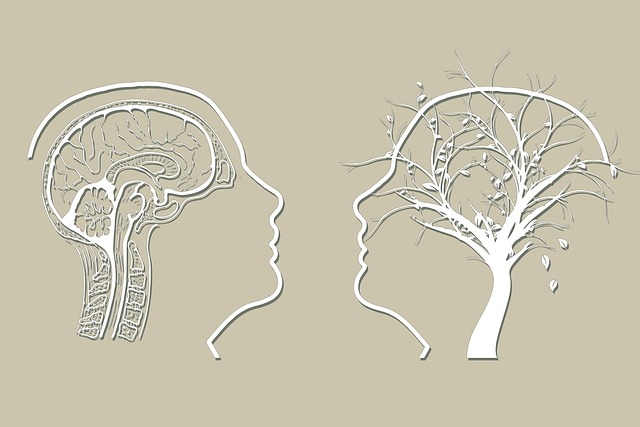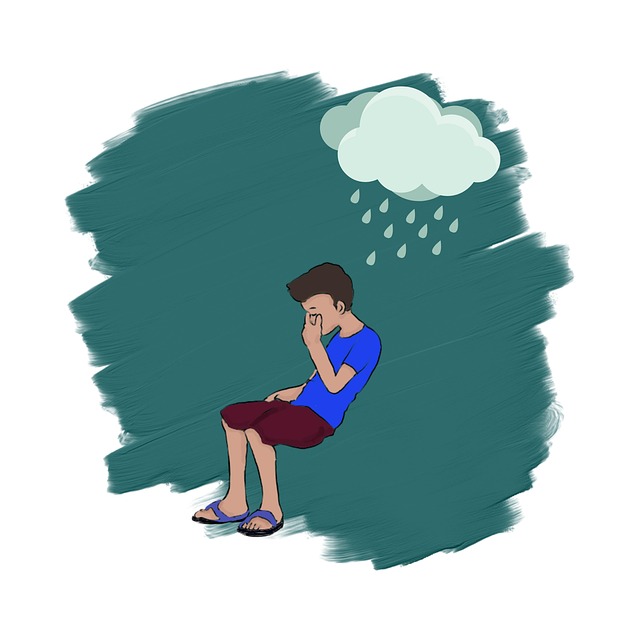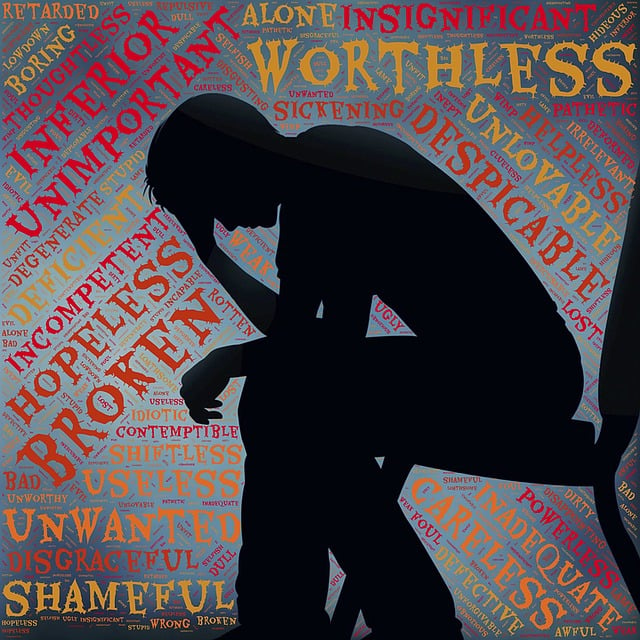Boulder Spanish Speaking Therapy emphasizes culturally sensitive approaches to mental health education for their community. They address language barriers, cultural stigma, and resource limitations through adapted materials, contextually relevant coping strategies, storytelling, and community-based learning. Peer support groups enhance engagement. Using interactive content, diverse media, and personalized narratives from community members improves knowledge retention and comfort in discussing sensitive topics. Trust is built through open dialogue, active listening, empathy, and collaborative partnerships with local organizations. Holistic strategies tailored to the community's context foster resilience and mental health literacy. A comprehensive evaluation strategy measures program success, informing adaptations like the Mental Wellness Podcast Series and Trauma Support Services to revolutionize mental health education in Boulder's Spanish-speaking communities.
“Unveiling the design of an impactful mental health education program tailored for Spanish-speaking communities in Boulder, this article explores key strategies. We delve into cultural sensitivity, understanding the unique challenges and needs of this demographic. Through interactive and personalized learning experiences, we aim to engage participants effectively.
Additionally, we present community outreach strategies to build trust and overcome barriers, ensuring accessibility. Evaluation methods are discussed to measure program success and drive continuous improvement, fostering a healthier Boulder for Spanish-speaking residents.”
- Understanding Cultural Sensitivity in Mental Health Education for Spanish Speaking Communities
- Designing Engaging Content: Incorporating Interactive and Personalized Learning Experiences
- Building Trust and Overcoming Barriers: Strategies for Effective Community Outreach and Engagement
- Measuring Impact: Evaluation Methods for Assessing Program Success and Continuous Improvement
Understanding Cultural Sensitivity in Mental Health Education for Spanish Speaking Communities

In designing mental health education programs for Spanish-speaking communities, cultural sensitivity is paramount. It’s crucial to recognize and address unique barriers and needs within these populations, which often face challenges related to language access, cultural stigma, and limited resources. For instance, in Boulder Spanish-speaking therapy contexts, educators must ensure materials are translated accurately and culturally adapted to resonate with participants’ experiences.
Program curriculum should focus on building coping skills development and anxiety relief strategies that are sensitive to cultural contexts. By incorporating methods that foster confidence boosting and promote understanding of mental health concepts, programs can better serve Spanish-speaking individuals. This might involve incorporating storytelling, community-based learning, and peer support groups tailored to the specific needs and values of these communities.
Designing Engaging Content: Incorporating Interactive and Personalized Learning Experiences

Designing engaging content is key to creating an effective mental health education program, especially when tailored for a specific community like Boulder Spanish-speaking therapy audiences. Interactive and personalized learning experiences can significantly enhance knowledge retention and foster a sense of comfort in discussing sensitive topics. Incorporating diverse media formats such as videos, podcasts, and interactive quizzes not only breaks down complex information but also accommodates different learning styles within the community.
Personalization goes beyond tailoring content to cultural nuances; it involves adapting the delivery method to suit individual preferences. For instance, incorporating storytelling from individuals within the Spanish-speaking community can make depression prevention or stress management discussions more relatable. Community outreach program implementation should aim to create a safe and supportive environment where participants feel empowered to share their experiences and learn from one another, ultimately leading to improved mental well-being.
Building Trust and Overcoming Barriers: Strategies for Effective Community Outreach and Engagement

Building trust is a cornerstone when designing mental health education programs for community outreach and engagement, especially in areas like Boulder Spanish Speaking Therapy where cultural sensitivity is paramount. Effective strategies involve fostering open dialogue, actively listening to community needs, and demonstrating empathy towards diverse perspectives. By creating safe spaces where individuals feel heard and understood, programs can overcome barriers to care that often stem from fear, stigma, or language disparities.
Community engagement goes beyond informational sessions; it requires collaborative partnerships with local organizations, schools, and faith groups to ensure relevant and accessible programming. Incorporating Emotional Well-being Promotion Techniques, Stress Reduction Methods, and Crisis Intervention Guidance tailored to the specific needs and cultural context of the community fosters trust and encourages active participation. This holistic approach not only enhances mental health literacy but also builds resilience within communities, ultimately leading to improved emotional well-being for all.
Measuring Impact: Evaluation Methods for Assessing Program Success and Continuous Improvement

Evaluating the impact of mental health education programs is crucial for ensuring their effectiveness and fostering continuous improvement. At Boulder Spanish Speaking Therapy, we employ a multi-faceted evaluation approach to assess program success. This includes both quantitative and qualitative methods, such as pre-post tests, participant surveys, and in-depth interviews. By gathering data on knowledge gain, attitudinal shifts, and self-reported improvements in mental health, we can objectively measure the reach and impact of our initiatives.
Additionally, we integrate feedback from participants, facilitators, and community stakeholders through focus groups and public awareness campaigns development. This holistic evaluation process allows us to adapt programs like our Mental Wellness Podcast Series Production and Trauma Support Services to better meet the evolving needs of our diverse audience. By staying agile and responsive, we aim to revolutionize mental health education, ensuring that every individual has access to valuable resources and support tailored to their unique circumstances.
Mental health education programs play a pivotal role in fostering well-being, especially within diverse communities like Boulder’s Spanish-speaking population. By incorporating cultural sensitivity, engaging content, and effective outreach strategies, we can create impactful initiatives that resonate with these communities. The article has explored key components, from understanding cultural nuances to evaluation methods, offering valuable insights for designing holistic programs. Building on these principles, professionals in Boulder Spanish-speaking therapy can develop inclusive education models, ultimately improving mental health outcomes and fostering a supportive environment for all.














